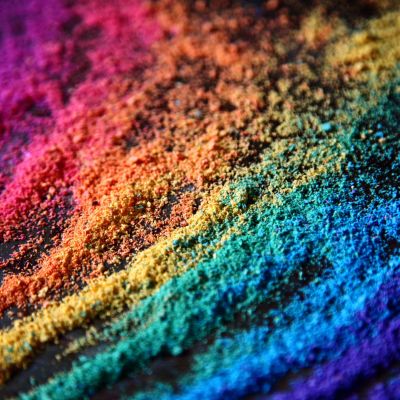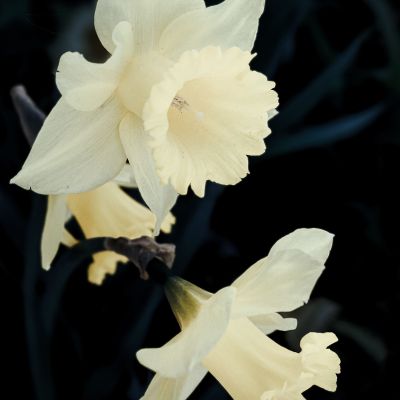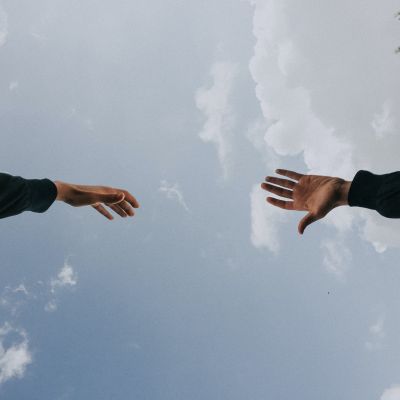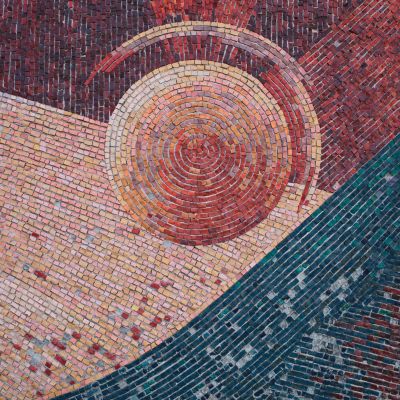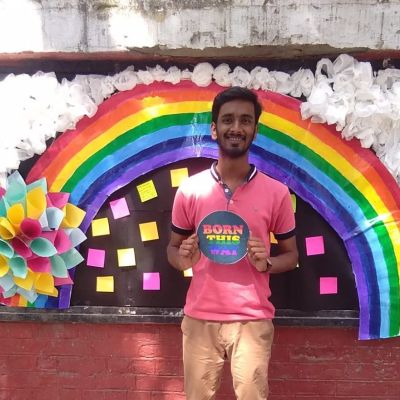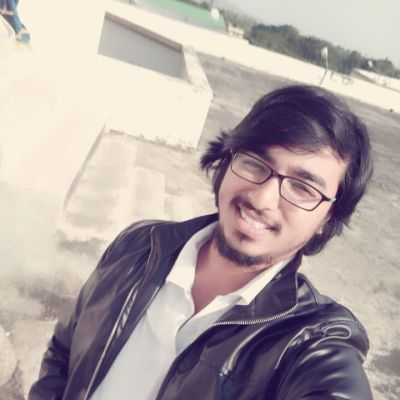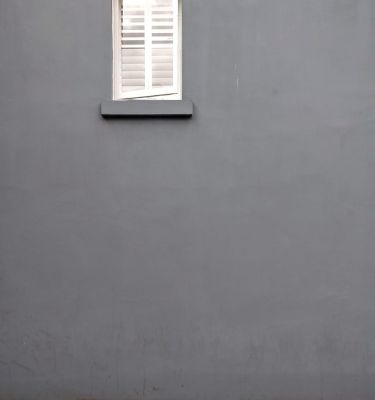Connections and Sexuality
इंटरनेट पर बने क्वीयर औरतों के इस समुदाय की बुनियाद एक साझा हक़ीक़त है जो ये सभी औरतें जीतीं हैं। बंद दरवाज़ों के पीछे से एक-दूसरे के सामने अपना दिल खोलकर उन्होंने ये आपसी रिश्ते बनाए हैं।
कभी कभी लगता है कि डेटिंग ऐप्स की यह दुनिया तनाव, परेशानी और द्वेष भाव से ओतप्रोत है, पर शायद यह पूरी तरह सच नहीं है। ज़िंदगी में दूसरी चीज़ों की तरह यह भी आपके धीरज की एक परीक्षा है।
This was the time we were growing up, learning new things, reading new books and discovering something new almost every day, and this all-women space provided an opportunity to do that without requiring any pretence or catering to the male gaze.
Connection, to my mind, is one of those profoundly entrenched concepts manifesting itself throughout our lives. It is difficult to let go of.
Funnily enough, porn played a massive role in helping me articulate my queerness (I am pansexual) and my even queerer desires.
The space where we get an education and form our ideas about the world, and especially about people who are not like us (read: minorities) holds importance, especially for me as a queer Bahujan person.
Companions take many forms. Using the word very loosely here, a companion is anyone the self is connected to, anywhere, at any point in time, from a family member, to a stranger on a train.
“I feel that connection is the survival language of the LGBTQIA+ community. The sense of a common struggle makes way for developing quick yet lasting connections among the community…”
This film reminds us of the power of connections in finding pleasure, joy, confidence and healing.
Questions, questions and inevitably more questions! That seems to be the human condition when it comes to connections, especially our connections with other people. It’s complicated, right?
If sharing was a proverbial coin at the rehabilitation facility, connections were one side of it, and sexuality was the other. Men and women were not allowed to touch one another – no handshakes or hugs or an eager slap on the back.
My sexuality had to somehow find people and a space to belong, just as my collaborators and friends needed something of that sort. We found this together in part with Matai Society.

